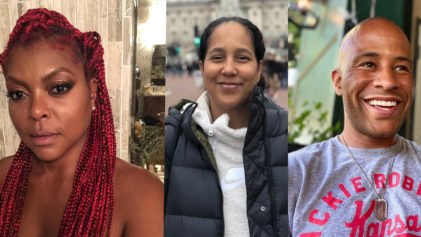Dame Shirley Bassey finally invaded America. At last night’s 85th annual Academy Awards ceremony, the 76-year-old, Welsh-born pop singer brought Hollywood’s elite to their feet with a rousing and coy performance of Goldfinger— the James Bond movie theme she first recorded in 1964 and made famous in the years that followed.
Though Bassey eventually would record two additional Bond themes — Diamonds Are Forever (1971) and Moonraker (1979) — Goldfinger was her only Billboard Hot 100 hit in 1965, with the movie’s soundtrack reaching No. 1 in the U.S.
Bassey’s limited chart success in the States has always been somewhat surprising when you consider how revered she was and still is in the U.K. —winning superstar status there with dozens of hit singles and albums. But unlike her British peers Petula Clark, Dusty Springfield, Lulu and Sandie Shaw — all of whom had American pop-rock hits in the ’60s — Bassey never made the leap. Instead, she became known here solely for her Bond themes.
Though Bassey appeared on the Ed Sullivan Show in November 1960 and had success at New York and Las Vegas clubs in the early ’60s, she was never signed to a major American label and missed out on recording radio singles for the exploding youth market. This absence caused her to skip a crucial generation of U.S. record buyers, making her known primarily to movie-goers of a certain age who recalled her Bond themes.
A statuesque pop performer with a husky voice, powerful timbre and sassy persona, Bassey seemed like a natural fit for ’60s America. But the traditional pop, pop-rock and R&B markets were already represented by accomplished female black artists — Nancy Wilson, Dionne Warwick and Diana Ross.
But while Bassey did not become a household name on the U.S. pop charts, she firmly established herself as a singing force with her gripping and near-operatic recording of Goldfinger. Part of the song’s appeal was the ambiguity of Bassey’s delivery. Was she singing from the perspective of Britain’s secret agents or on behalf of the villain? Was that fear in her voice or admiration? You never quite knew whose side she was on.
And then there was the ending, in which Bassey’s admonitions were elevated steadily to urgency, capped by a long-held note as the bombastic orchestra pounds away.
Read more: JazzWax


